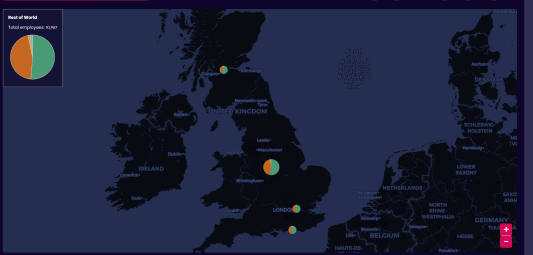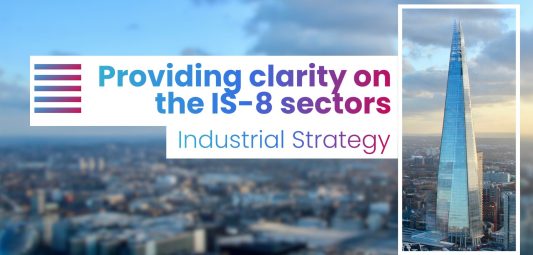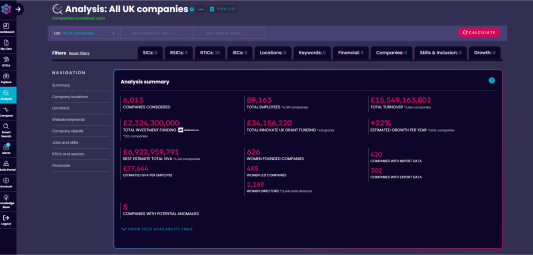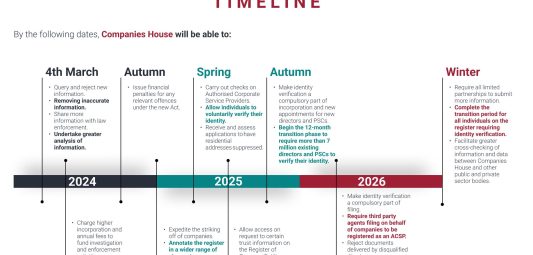Product & Working out loud
The Data City Blog
Latest news and views
We’re committed to a culture of working out loud. Sharing our ideas and work as early as we can, and getting feedback from our community.
Find thought-pieces, research papers, product updates, company news and much more on The Data City blog.
Filter by category
Search for an article
Product
Industry Engine Release Notes
Industrial Strategy
Providing clarity on the Industrial Strategy’s IS-8 sectors
Product & Working out loud
Update to our growth rate methodology
Insight & Thought Piece
The Economic Crime and Corporate Transparency Act and the effect on The Data City data
SIC & Thought Piece
SIC 2026: What does it mean for industry classifications?
Advanced Screens & RTICs
Exploring the Advanced Screens RTIC
FinTech & RTICs
A look at the UKs FinTech Industry
Events & Insight
Banks still using SIC codes? That’s criminal

Real-Time Industrial Classifications
Download our free RTIC Industry reports
Our platform offers over 400 Real-Time Industrial Classifications (RTICs), created in partnership with industry experts.
Interested in exploring market insights, sector trends, employee data and growth statistic for the country’s fastest-growing industries?
Download one of our free market reports today.












